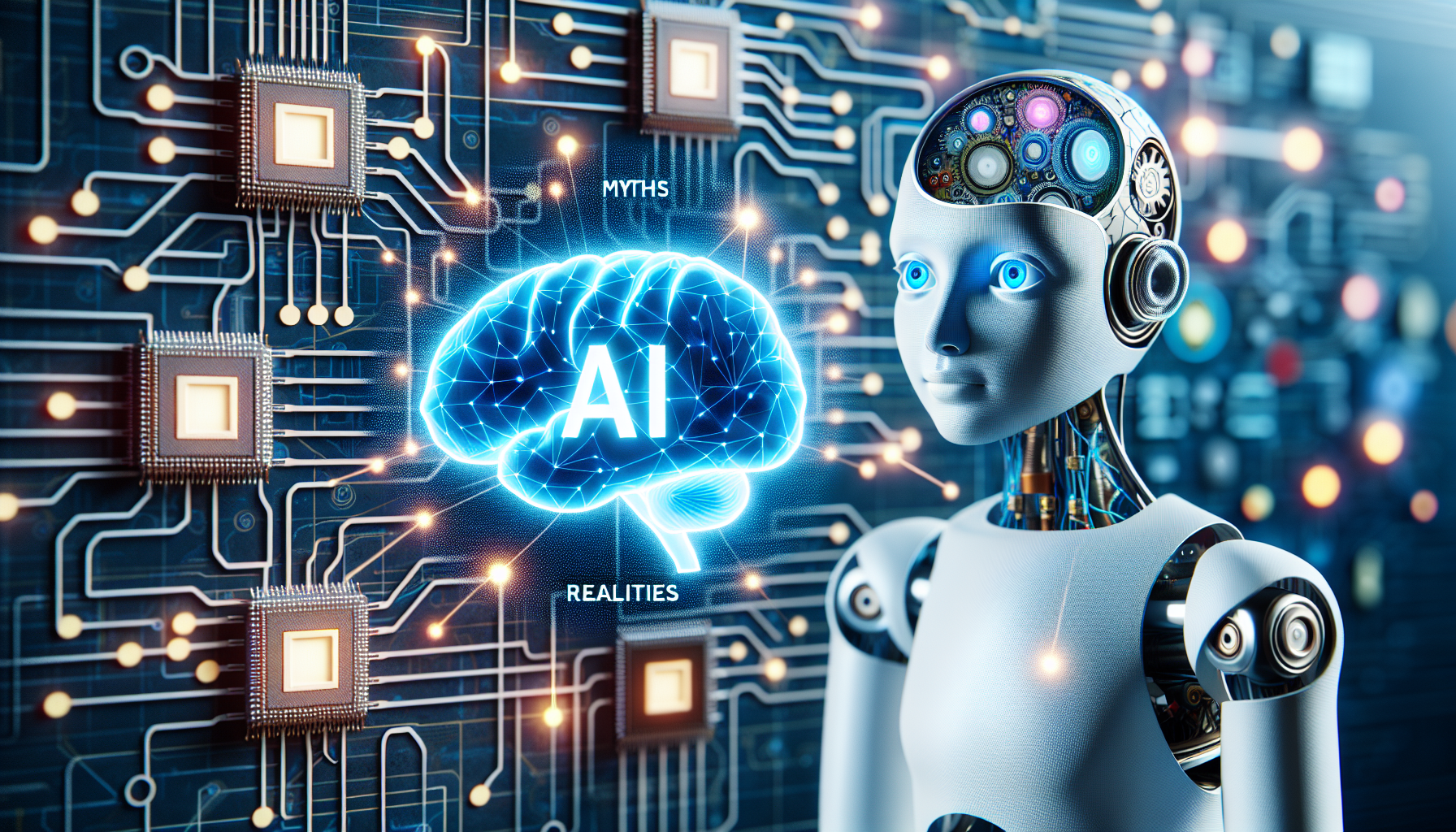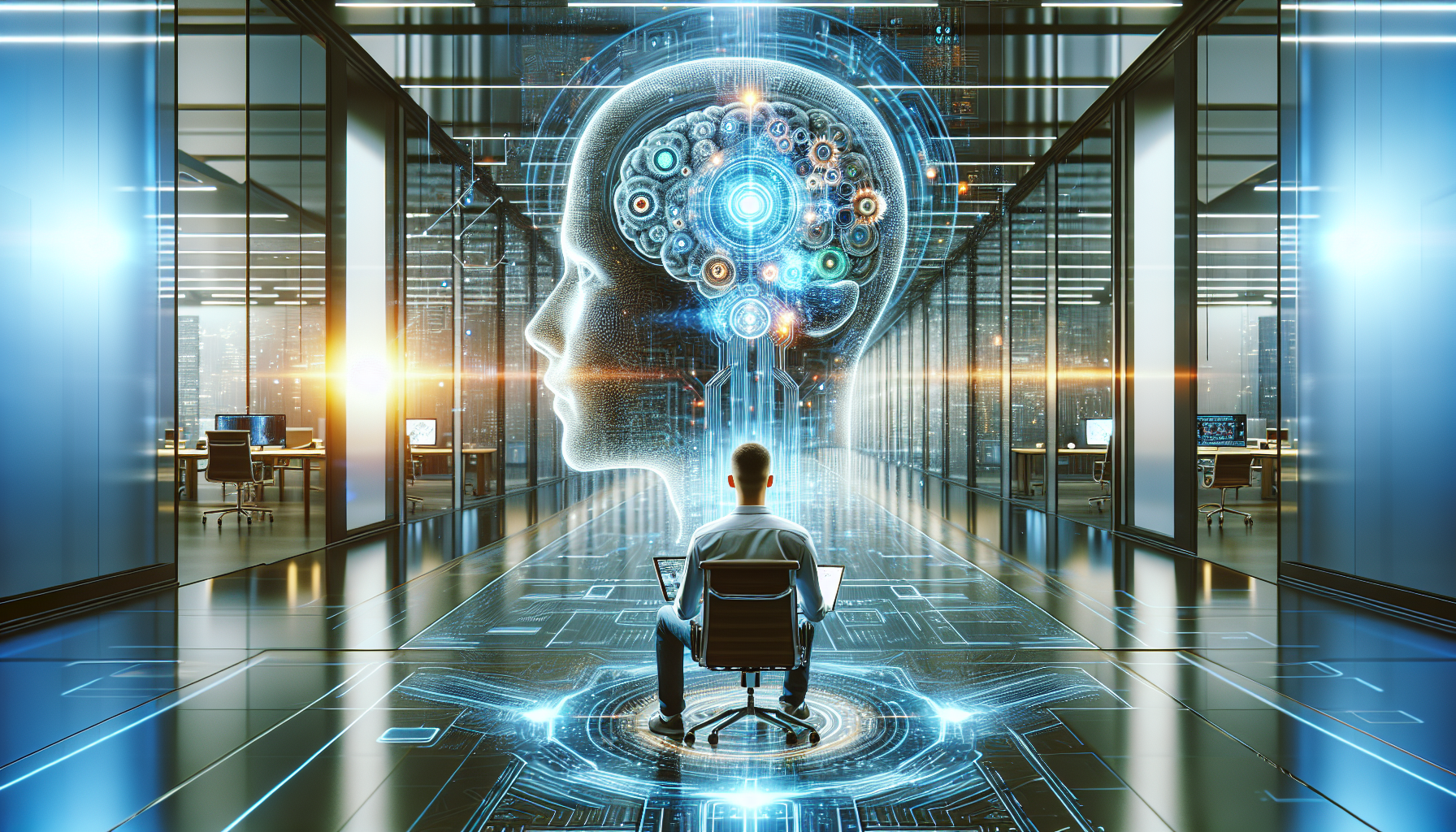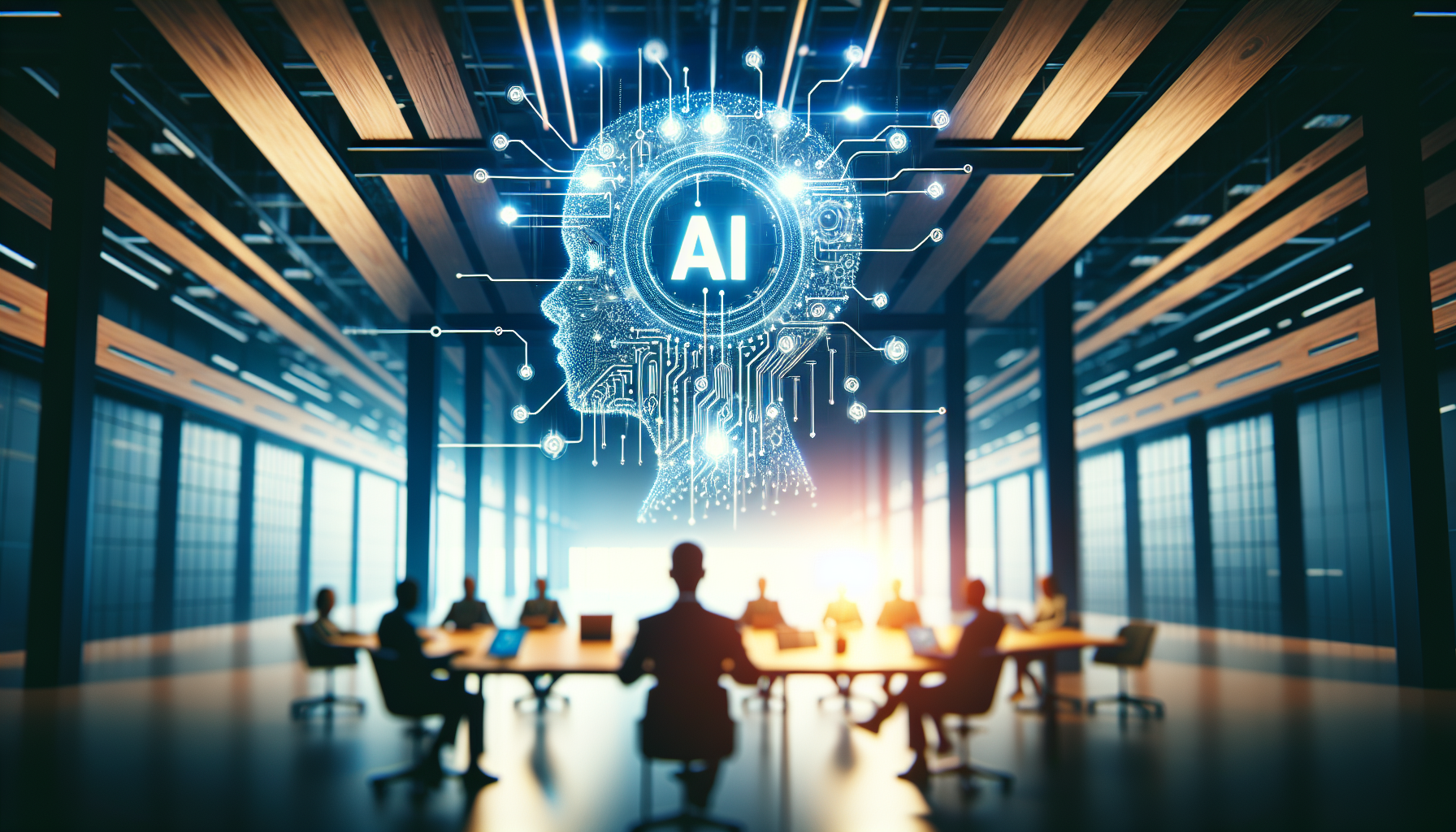
AI and Robotics: Why Our Future Depends on Embracing Human-Machine Collaboration
June 13, 2025
Picture this: a world where humans and robots work side by side, not just in factories but in hospitals, schools, and even our homes. This isn't the plot of a sci-fi movie but a vision of the future that's rapidly becoming a reality. The question isn't whether artificial intelligence and robotics will integrate into our daily lives but how we choose to embrace this inevitable partnership. So, let’s talk about why human-machine collaboration is not just beneficial but essential.
Imagine a robot assisting a surgeon in the operating room. The robot's precision coupled with the surgeon's expertise can lead to outcomes that were previously unimaginable. In this scenario, the robot isn't replacing the surgeon but enhancing their capabilities. This combination of human intuition and mechanical accuracy is a perfect example of how AI can revolutionize fields like healthcare, making procedures less invasive and recovery times shorter.
Beyond healthcare, think about the implications for education. AI-powered tutors can provide personalized learning experiences, adapting to each student's pace and style. While the notion of a robot teacher might seem unsettling to some, these digital educators can free up human teachers to focus on what they do best: inspire and motivate. By handling repetitive tasks, AI allows teachers to spend more time fostering critical thinking and creativity in their students.
In the corporate world, AI and robotics are transforming the nature of work. Tasks that are repetitive and mundane can be automated, allowing humans to focus on more strategic and creative endeavors. This shift doesn't necessarily mean fewer jobs for humans; rather, it redefines the roles we play. Companies that embrace AI find they can innovate faster and respond to market changes more effectively. Workers can focus on skill development and career paths that align more closely with their passions and strengths.
Now, let's address the elephant in the room: the fear that machines will take over. It's a common concern, but it's important to recognize that AI is a tool created by humans, for humans. The key is to ensure that we remain in control of how these tools are used. Ethical considerations must be at the forefront of AI development. This includes ensuring transparency in AI algorithms and maintaining privacy and security standards that protect individual rights.
Another exciting aspect of AI and robotics is their potential to solve complex global issues. From predicting climate change patterns to optimizing renewable energy resources, AI can analyze massive data sets far beyond human capacity. This capability means better-informed decisions that can lead to sustainable solutions. Imagine AI systems that help urban planners design smart cities that are not only efficient but also environmentally friendly. Such innovations could significantly improve quality of life across the globe.
Of course, the journey towards seamless human-machine collaboration isn't without its challenges. The technology is still evolving, and there are many unanswered questions about how it will impact society. For instance, how do we ensure equitable access to AI technologies? And, importantly, how do we prepare the workforce for this change? These are pressing issues that require collaboration among governments, businesses, and educational institutions.
Moreover, the integration of AI into society raises ethical dilemmas that we must confront head-on. How do we handle the decisions made by AI systems, especially in life-or-death scenarios like autonomous driving? What frameworks can we put in place to ensure accountability and fairness? These are not just technical challenges but philosophical ones that require a collective effort to address.
As we stand on the brink of this new era, it’s clear that the future of human-machine collaboration holds immense promise. By embracing AI and robotics thoughtfully and responsibly, we can unlock potential that benefits everyone. The key lies in collaboration—not just between humans and machines, but among ourselves, as we navigate the opportunities and challenges that lie ahead.
So, perhaps the real question we should be asking is not how AI will change the world, but how we can shape its development to build a future that reflects our highest aspirations. How do we ensure that this powerful technology serves humanity as a whole, rather than a select few? As we ponder these questions, one thing is certain: the future is not something that happens to us. It is something we create together, hand in mechanical hand.


